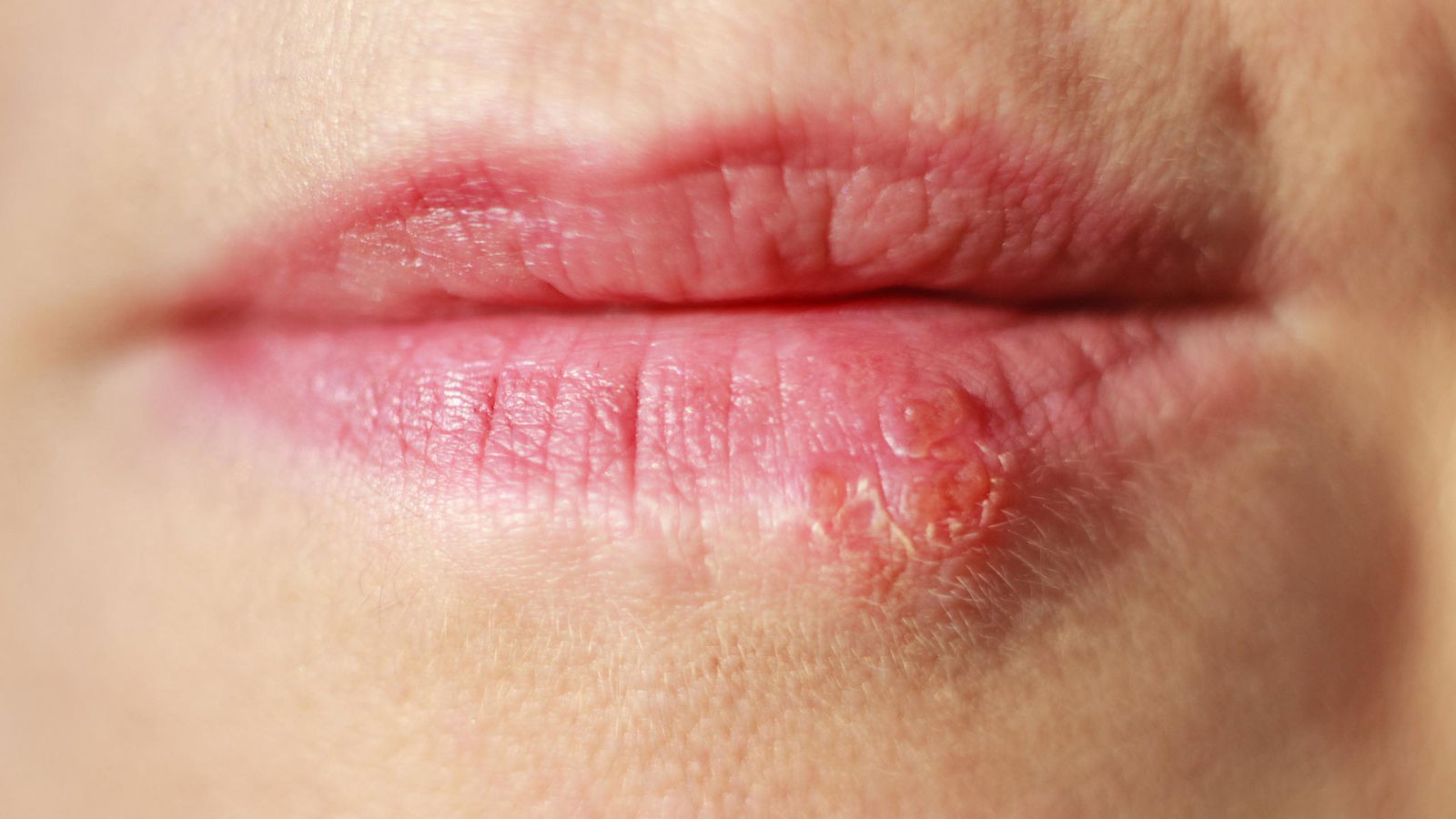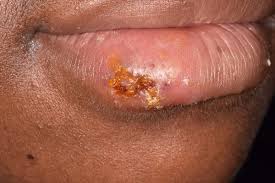The herpes simplex virus type 1 (HSV-1) is the common cause of cold sores, also known as fever blisters. Although they are typically not harmful, they are communicable, frequently painful, and have a tendency to return after consumption. Because the virus hides in nerve cells and reactivates when triggered, it remains in your body for the rest of your life.
What Causes Cold Sores?
The primary cause is HSV-1, which is frequently acquired during childhood through intimate contact, such as kissing or sharing objects. The virus settles in your body after the initial infection and may do nothing for a long time.
Depending on how they are spread from person to person, HSV-1 and HSV-2, which are more frequently associated with genital outbreaks, can have varying effects in different regions.
What Could Cause an Outbreak?

Even when the virus is “sleeping,” there are some circumstances that can trigger a flare-up:
- Stress (physical or mental)
- Being ill (such as getting a fever or cold)
- Insufficient immunity
- Hormonal fluctuations (e.g., menstruation)
- exposure to the sun, particularly on the lips
- Weariness or sleep deprivation
- Sores around the mouth, nose, chin, or cheeks are typically the first signs of an outbreak.
👄 Indications to Look Out for
- Before they appear, cold sores frequently exhibit the following warning signs:
- Feelings of tingling, itching, or burning
- Swelling or redness close to the lips
Then, in a day or two:
- Blisters typically show up in clusters.
- They swell, rupture, and develop a crust.
- Usually, healing takes two to four weeks.
- Early treatment can lessen symptoms and prevent them from spreading.
💊 How to Handle Them

Although there isn’t a permanent solution, therapy can help:
- Antiviral drugs, such as valacyclovir or acyclovir, are most effective when taken as soon as
- Docosanol or lidocaine-containing over-the-counter creams reduce pain and swelling.
- Acetaminophen or ibuprofen are examples of pain relievers that help lessen discomfort.
Your skin may be soothed by these natural options:
- Aloe vera soothes skin that is irritated.
- Lemon balm could hasten healing and stop new outbreaks.
- Antiviral properties of tea tree oil (dilute before use)
- Petroleum jelly or lip balm protects and moisturizes the sore 🙡 Avoiding Flare-Ups in the Future
To reduce the likelihood that cold sores will recur:
- Control your tension.
- Get lots of sleep.
- When you’re outside, use SPF to protect your lips.
Maintain your health by:
- A well-rounded diet
- Frequent engagement
- Proper hydration
Regular sleep 🧼 Ways to Prevent the Spread
🌿 Natural Remedies

Particularly when the sore is active, cold sores are easily contagious:
Avoid kissing or other close contact when you’re having a flare-up.
Avoid sharing:
- Lip care items
- Food, beverages, or cutlery
- Napkins or towels
- Wash your hands frequently.
- Avoid touching your eyes or face when there is an outbreak
🧑⚕️ When to Consult a Physician
Seek medical attention if:
- You experience outbreaks six or more times a year.
- The sores hurt a lot or persist longer than usual.
- You see eye sores close to your eyes.
- Your immune system is weakened by your medical condition
Research is ongoing, but there is currently no cure. There is research being done on novel therapies, vaccines, and even gene-editing technologies. Researchers are trying to develop more effective prevention and treatment strategies for HSV-1.
Concluding Remarks
Although they can be difficult, cold sores are treatable. You can lessen outbreaks and safeguard those around you with wise practices, early care, and medical assistance. Do your research, be ready, and don’t be afraid to ask your doctor what’s best for you.
🔬 Hope for the Future
